Dental X-rays, also known as radiographs, provide an unparalleled view inside your teeth, revealing hidden issues that might go unnoticed during a standard visual examination. These images are instrumental for early detection and treatment of dental problems, ultimately preventing small problems from progressing into more serious conditions.
Safety is a paramount concern when it comes to any form of radiography. Dental X-rays, however, are relatively safe. The level of radiation exposure in dental X-rays is typically minimal, and the benefits of early diagnosis far outweigh the risks associated with this low radiation.
Furthermore, modern advancements in dental technology have led to the development of digital dental X-rays, which further enhance safety. These digital X-rays require significantly less radiation, reducing the patient's exposure by 80 to 90 percent, compared to traditional film-based X-rays.




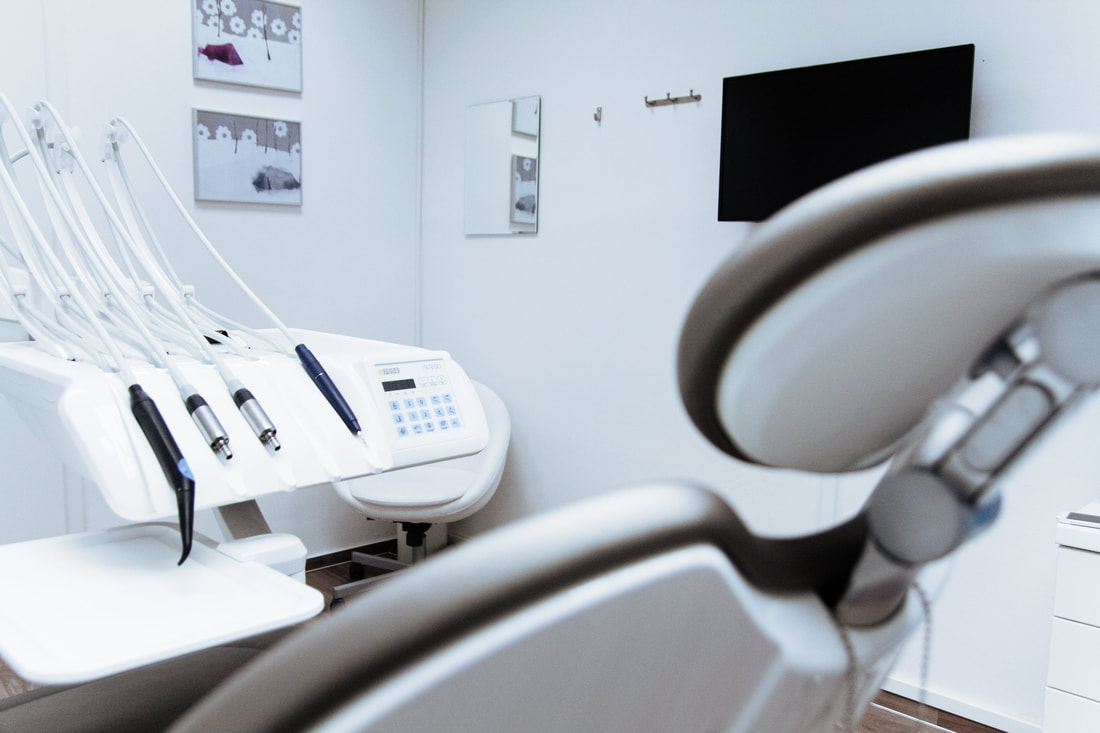
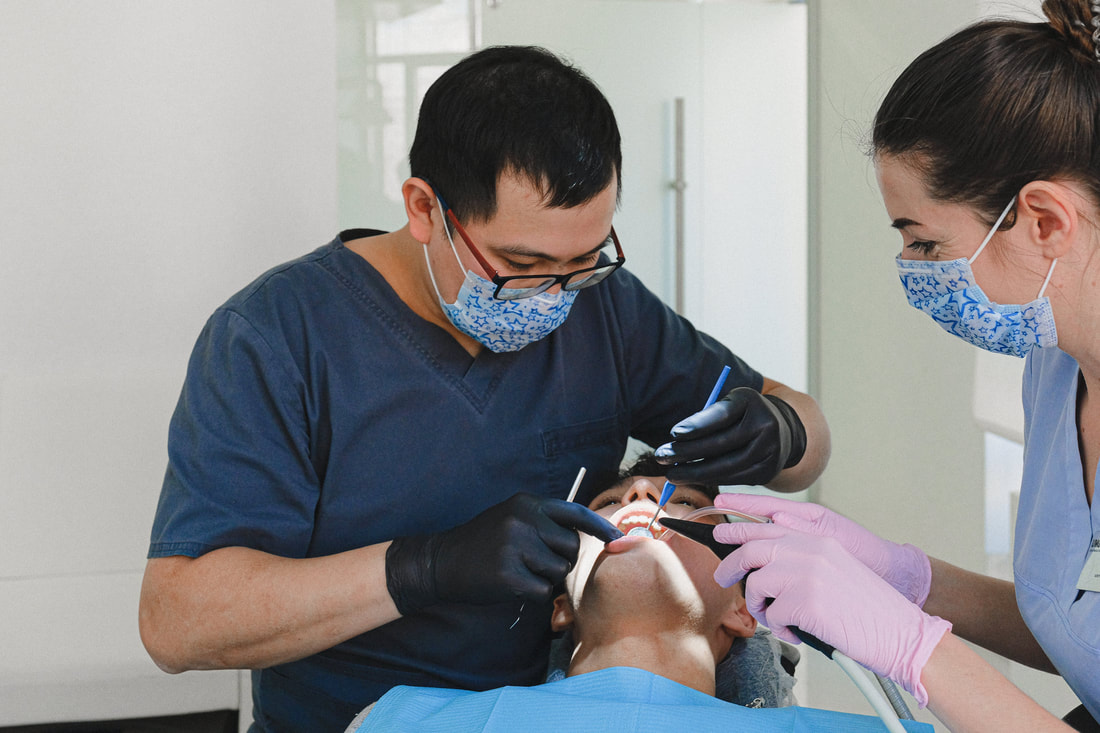
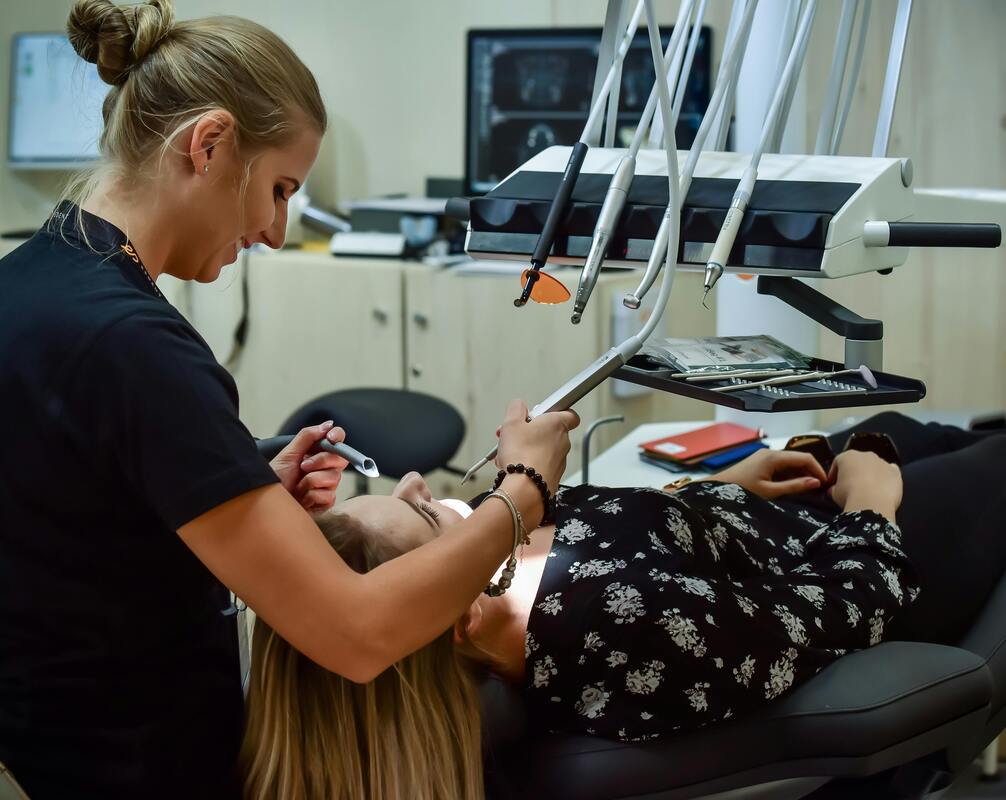
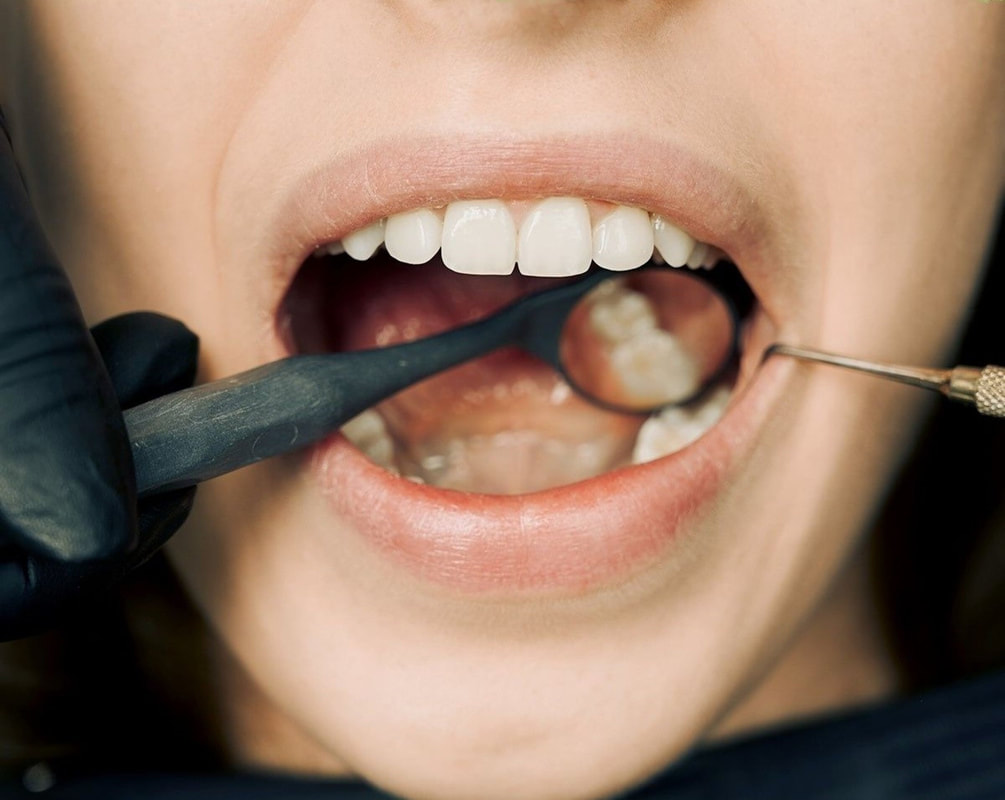

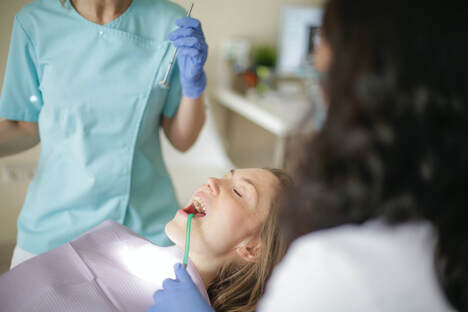
 RSS Feed
RSS Feed
